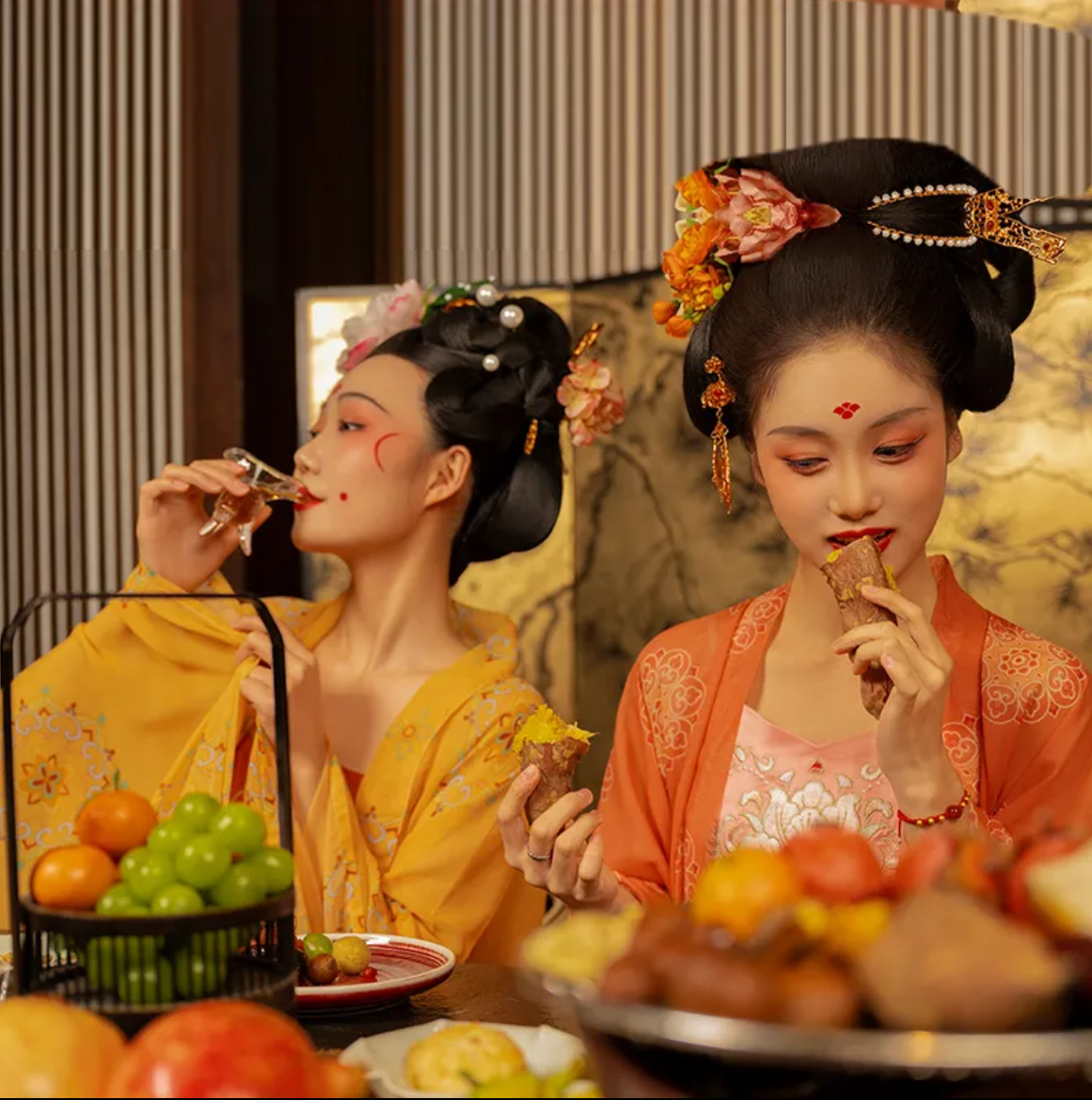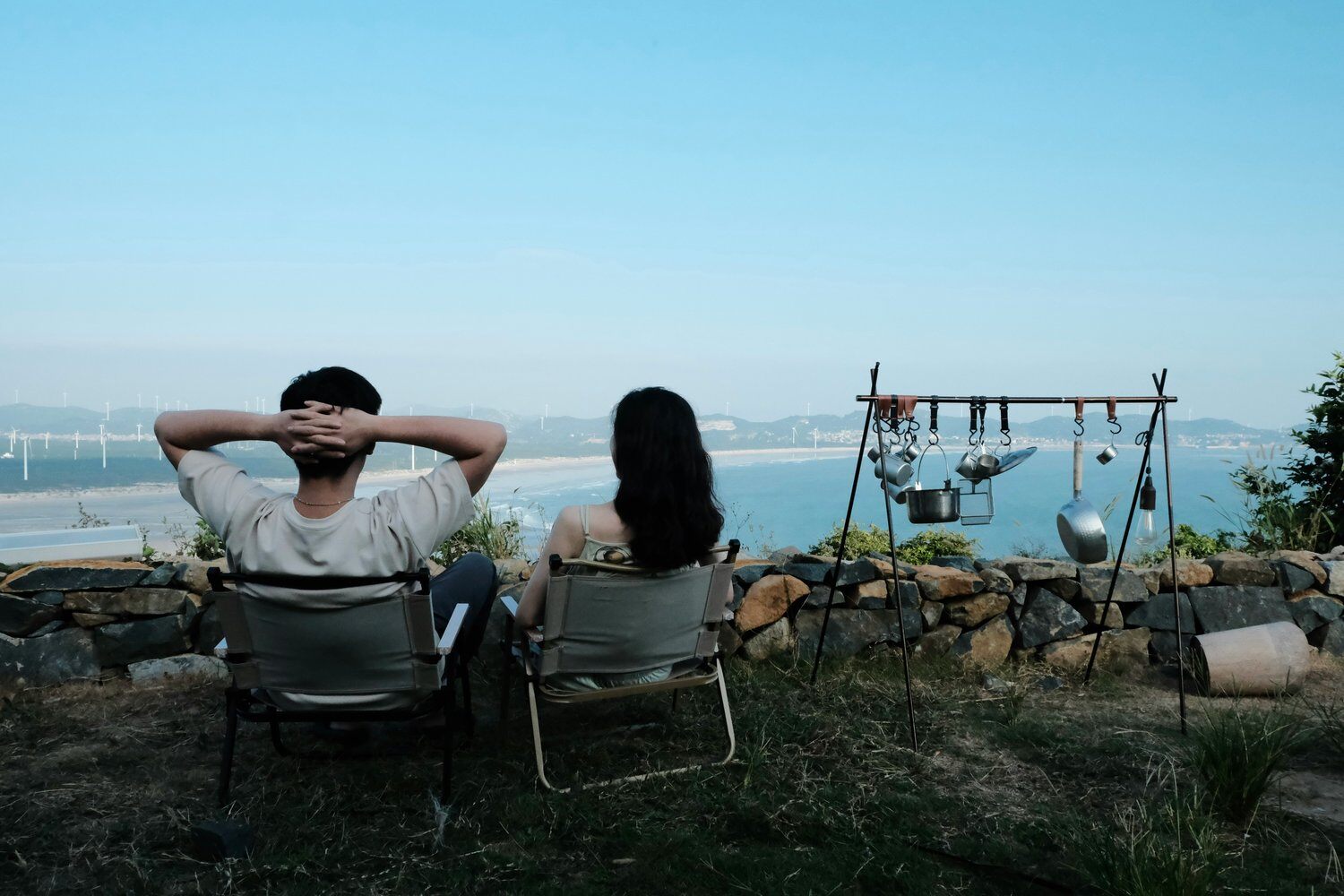Chinese young consumers are increasingly seeking new ways to relax, such as foot spas and massages, as they become more aware of health issues and deal with constant work and life stress.
One of the latest obsessions is the head spa, or touliao 头疗 in Mandarin. It’s an all-in-one treatment that includes a hair wash, scalp care, head, neck, and shoulder massage, and sometimes a facial. This holistic experience helps relieve stress from work and detoxifies the scalp from urban air pollution.
A typical session begins with a scalp health assessment, followed by a relaxing treatment. With a light aroma diffuser in the room, customers lie on a massage bed, their eyes covered with a warm cloth to help relax the nerves and prevent water from entering the eyes.
Based on the scalp condition, treatments vary but usually include a gentle wash with specialised products, a fan-like showerhead for a thorough rinse, and a soothing comb-over and massage with essential oils. Some packages also include a facial. Prices typically range from RMB 100-300 ($14-40) for a 60-to-90-minute session, with premium options offering additional services.
At the end of 2021, data from the National Health Commission revealed that over 250 million people in China suffer from hair loss, meaning 1 in 6 people on average. This includes many individuals born in the 1990s, who are increasingly concerned about receding hairlines. Among those undergoing hair transplants, over half are young people aged 20 to 30.
This growing ‘hair anxiety’ has led to a surge in products like hairline powder and supplements aimed at promoting hair growth. It has also fueled the booming head spa industry, which had a market size exceeding RMB 67 billion ($9 million) as of 2022.
According to traditional Chinese medicine, head spas are believed to improve blood circulation in the scalp and relax nerves through professional massage, offering relief from headaches, migraines, and insomnia. Herbal ingredients like mugwort and knotweed are often used to enhance results.
Beyond relaxation, they also serve as nap spots, with some even offering singing bowl therapy to help clients sleep. Complimentary snacks and drinks add to the personal experience, while light shampoos and essential oils ensure that no one can tell you've just enjoyed a treat.
Shampoo assistants often double as informal therapists, listening to and comforting clients, turning the experience into a holistic blend of shampooing, massage, napping, styling, and even counselling.
“The parlour I visit has a wonderful atmosphere with dim lighting and comfortable chairs. I almost fall asleep as soon as I settle in,” said You Qing, who used to be a teacher in Shenzhen and now a PhD student in Wuhan. “It’s perfect for exhausted workers who need a good rest.”

Among the prominent chains, Hairology 丝域养发 stands out with over 2,000 locations in more than 200 cities. Their salons feature a modern aesthetic, with ads displayed on city screens, billboards, and metro stations to drive traffic to their online and offline offerings. On Chinese e-commerce platforms, their Oil Control Volume Shampoo 控油蓬松洗发水 has emerged as a fast-growing hero product.
Hairology has also collaborated with celebrities, such as actress Song Yi 宋轶, who showcased her glossy, dark hair thanks to their treatments in a commercial shown below.
This trend reflects that despite China's economic slowdown, consumers are still willing to spend on affordable luxuries that provide a sense of indulgence and escape. The popularity of head spa treatments has even spread globally, appearing in salons across Asia, Europe, and North America.
Hot Pot China recommends that hair care brands consider incorporating similar head spa services in their salons. Offering an immersive, wellness-focused experience not only enhances customer satisfaction but also creates a holistic brand touchpoint that resonates with today's stress-conscious consumers.
If you're a haircare brand seeking tailored marketing strategies and commercial growth in China, contact the Hot Pot team at nihao@hotpotchina.com. With our deep expertise, we can help you navigate the complexities of the Chinese market and implement immersive, effective strategies designed specifically for your brand's success.
All images via Little Red Book
Related blog posts



